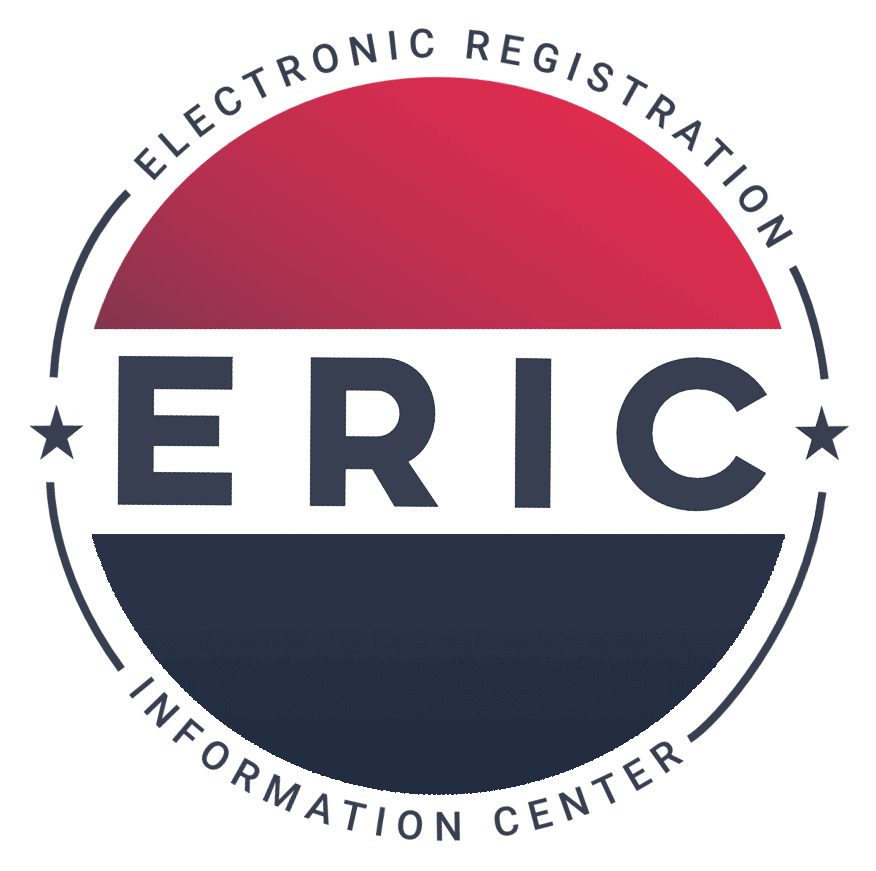A. ERIC Basics: Origins, Mission, Governance, and Funding
1. What is ERIC?
2. Who Created ERIC?
3. Which states are members of ERIC?
4. Who Controls ERIC?
5. How is ERIC funded?
6. Where are the ERIC offices located?
7. Why did election officials create ERIC?
8. Why are accurate voter rolls so important?
B. How Members Use ERIC
1. What do ERIC and its members do?
2. What are members required to do with the list maintenance reports ERIC provides?
3. What are members required to do with the Eligible but Unregistered report ERIC provides?
C. Eligible but Unregistered Reports – Informational Voter Registration Mailings Sent by ERIC Members
1. What is the Eligible but Unregistered Report (EBU)?
2. What does ERIC require members to do with the EBU Report?
3. Why does ERIC require members to use the EBU Report?
4. Are all ERIC Members required to use the EBU Reports?
5. What do ERIC members do to reduce the possibility that ineligible individuals receive the informational voter registration mailing?
6. What kinds of data are included in the EBU Report?
7. Does ERIC add people from the EBU Report to its members’ voter registration rolls, systems, poll pads, etc.?
8. Does ERIC use outside contractors, vendors, government agencies, or nonprofits to create the EBU Reports?
9. Do the EBU-based informational voter registration mailings benefit one political party over another?
10. Do minors appear on the EBU Report?
D. Use of Data; Data and Privacy Protections
1. Why does ERIC need driver’s licensing data?
2. Do members submit data from other state agencies, such as social service or health care departments?
3. Why does ERIC require members to submit sensitive data?
4. What steps does ERIC take to keep data secure?
5. Is the ERIC organization or its members permitted to share ERIC’s List Maintenance and Eligible but Unregistered Reports with outside parties?
6. Has ERIC shared data with third parties for partisan purposes?
7. Is ERIC connected to state voter registration systems?
